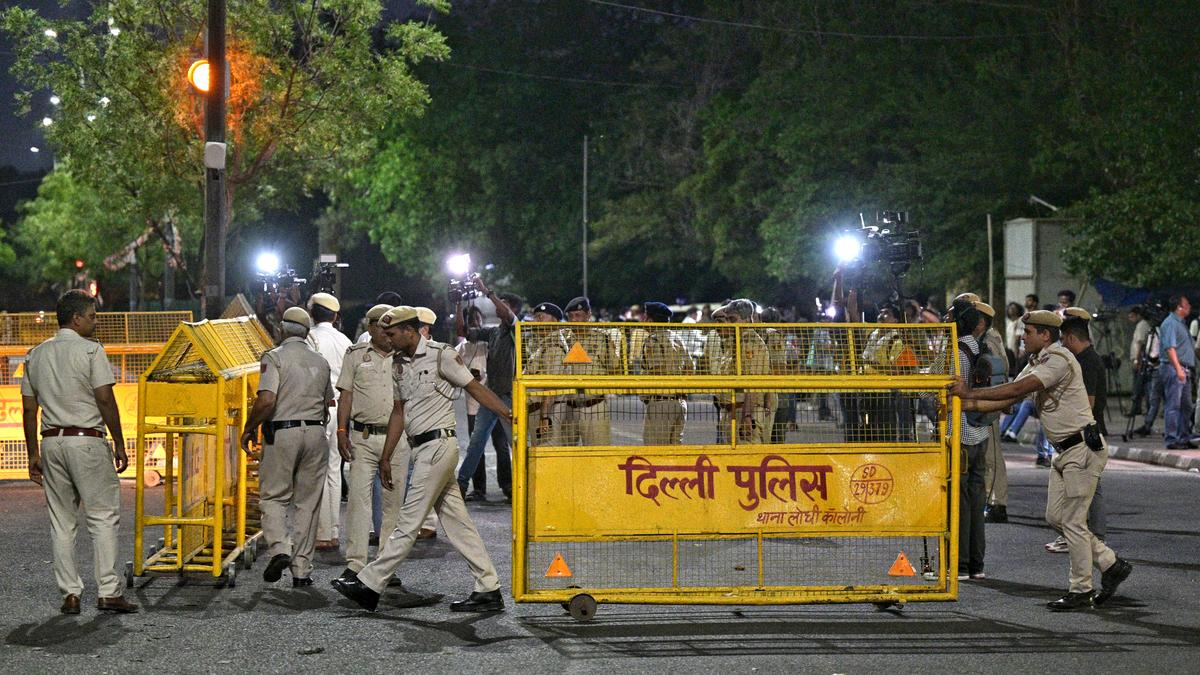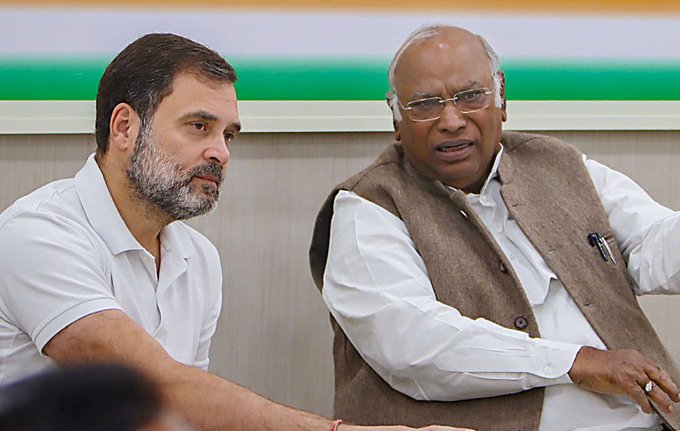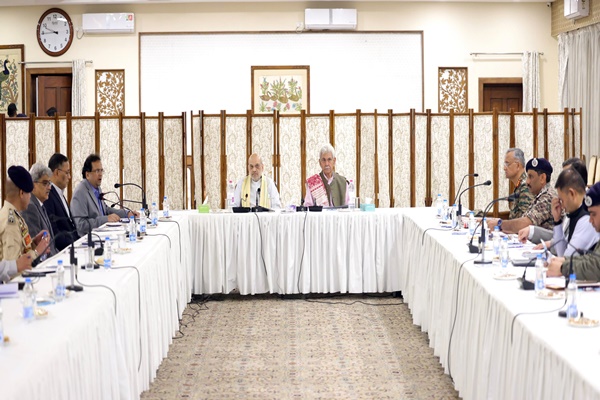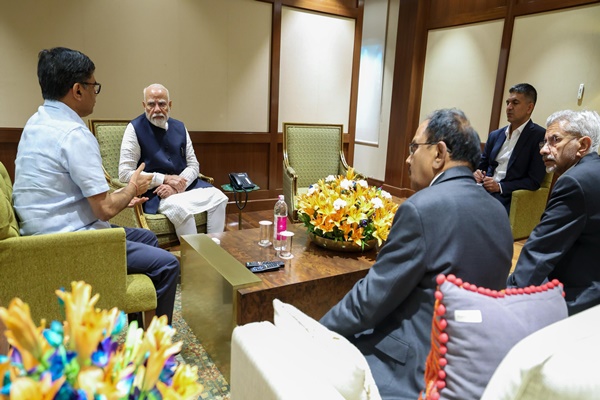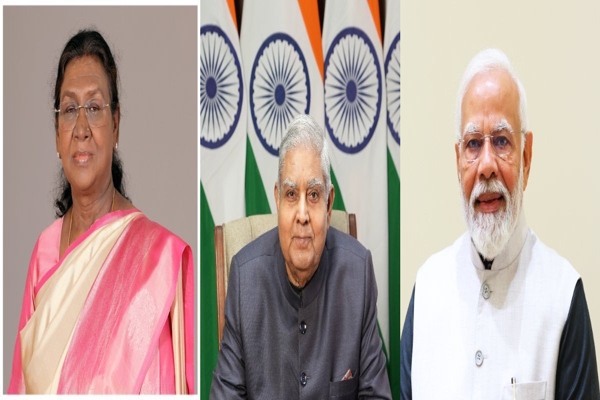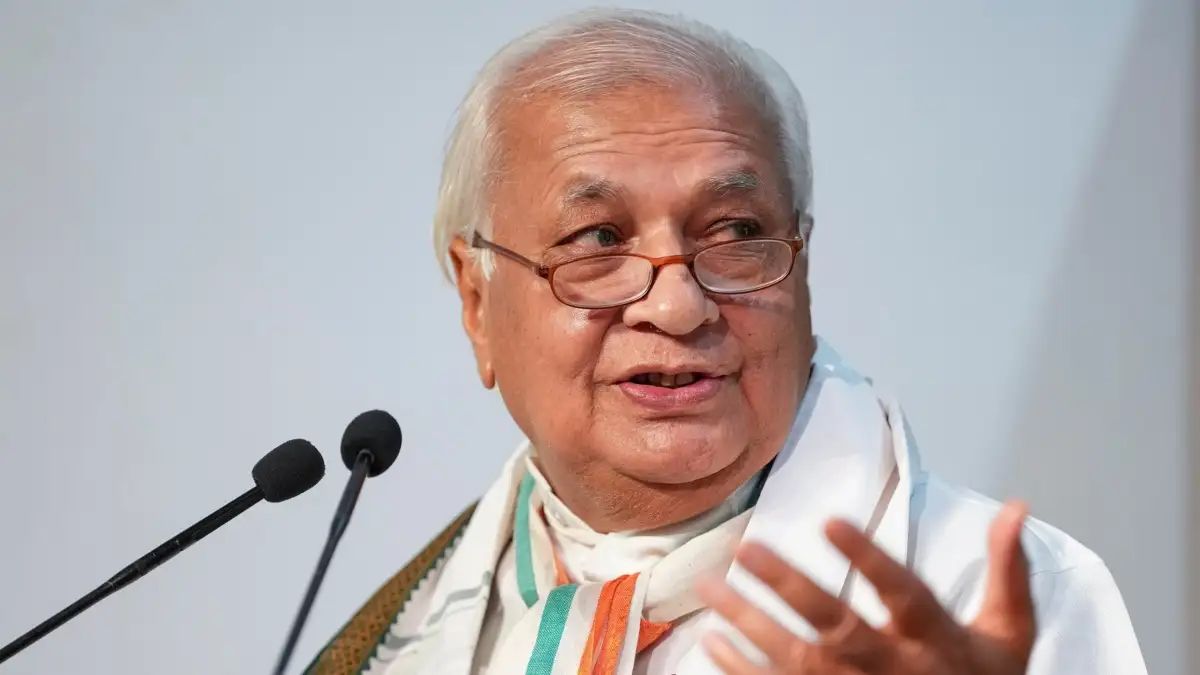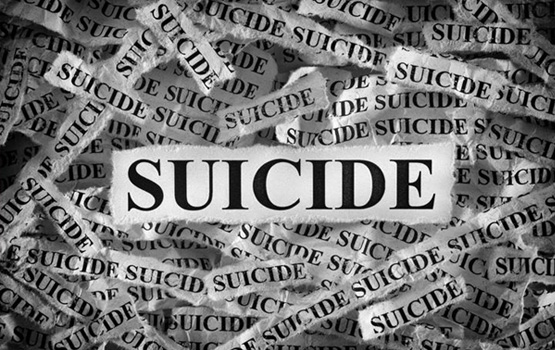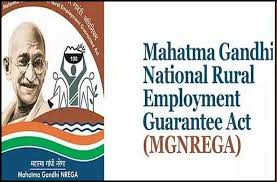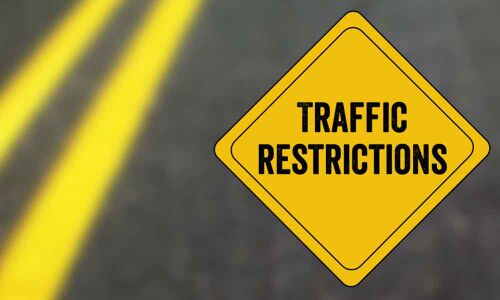Dead people will now have to prove their identity with Aadhaar from October 1
Fri 04 Aug 2017, 20:16:25
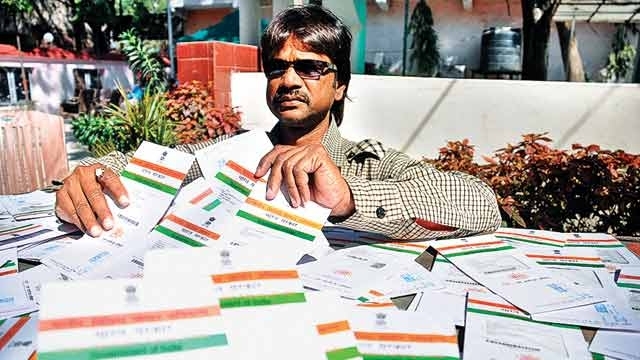
As if life wasn't enough, the Home Ministry today announced that the Aadhaar number will be a mandatory factor in death as well.
"The Aadhaar number will be required for the purpose of establishing the identity of the deceased for the purpose of death registration with effect from October 1," says a notification from the ministry.
To make it simpler, from October onward, you -- or rather your family -- will need your Aadhaar number to register you as a dead person, and for the purpose of your death certificate.
WHY SO?
The Registrar General India (RGI), which functions under the home ministry, said the use of Aadhaar will ensure accuracy of the details provided by the deceased's family.
Like it or not, Aadhaar
will be made mandatory for registering the deceased in all states across India, except Jammu and Kashmir, Assam and Meghalaya.
will be made mandatory for registering the deceased in all states across India, except Jammu and Kashmir, Assam and Meghalaya.
For each of these states, a date will be notified separately.
WHAT DOES THE RGI DO?
The office of the RGI is the central authority that coordinates and unifies the activities of chief registrar of births and deaths of states and union territories, in respect of registration of births and deaths.
Birth and death certificates are issued by the registering authority notified by the state and union territory governments under section 12 and 17 of the RBD Act, 1969.
These are issued on the basis of the entries collected through the birth and death reporting forms prescribed by the state government.
No Comments For This Post, Be first to write a Comment.
Most viewed from National
Most viewed from World
AIMIM News
Latest Urdu News
Most Viewed
May 26, 2020
Do you think Canada-India relations will improve under New PM Mark Carney?
Latest Videos View All
Like Us
Home
About Us
Advertise With Us
All Polls
Epaper Archives
Privacy Policy
Contact Us
Download Etemaad App
© 2025 Etemaad Daily News, All Rights Reserved.

